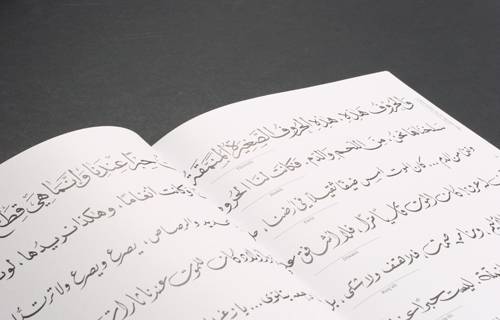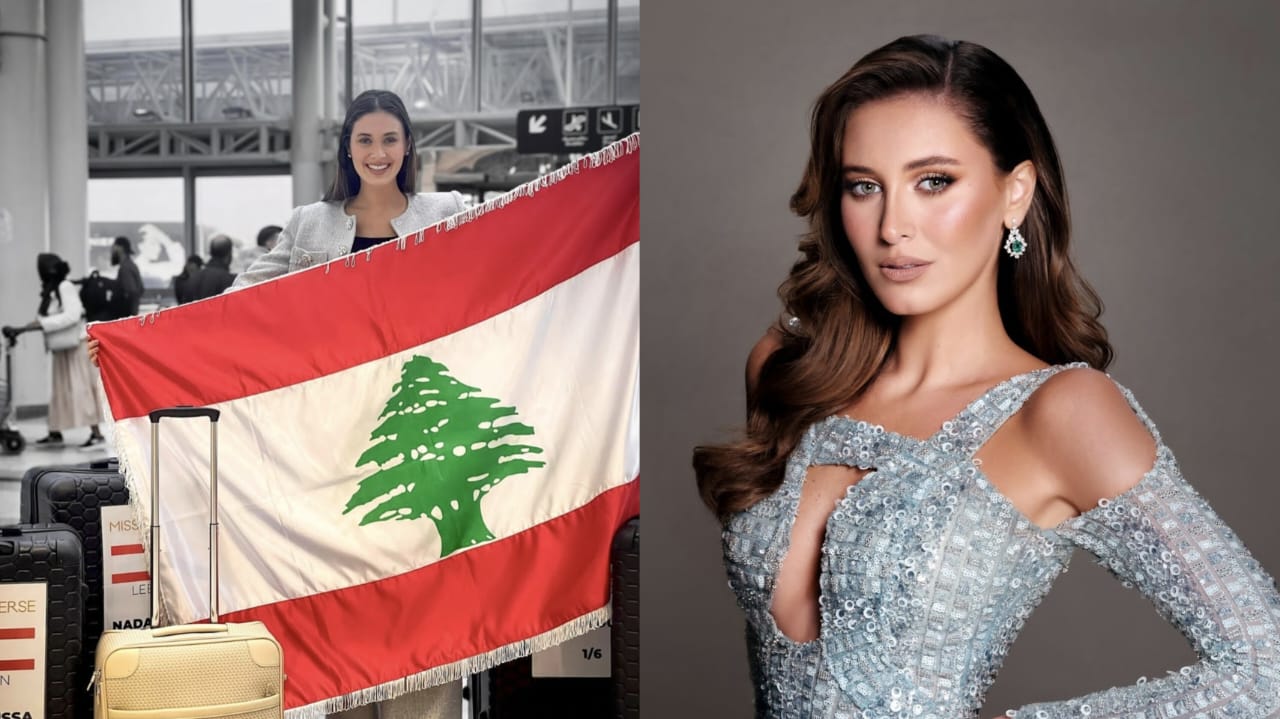“Arzé” Film Review: A Lighthearted Ride Through Beirut
Cinephiles, if there’s one thing you should take away from this review, it’s that you should watch “Arzé” as soon as possible. Straightforward yet emotionally loaded, it’s worth the hour and 33 minutes of sitting in a stuffy movie theater.
I have no idea where to start this review, but I’ll just break it down based on what I found most interesting. I’ll give a short, spoiler-free summary of what to expect from this film before moving on to give my own interpretation of certain elements that stood out.
What is “Arzé” about?
If you’ve watched Vittorio De Sica’s “Bicycle Thieves”, then this movie will feel quite familiar—but by no means repetitive. Walking into this or any movie expecting pure originality? I’ve got some bad news for you. The beauty of film, literature, and art lies in how stories are retold and repackaged. And this repackaging of a De Sica classic into present-day Beirut is a good one.
The plot revolves around Arzé (Diamand Bou Abboud), a single mother raising her teenage son, Kinan (Bilal Al Hamwi), with the help of her sister, Layla (Betty Taoutel). Set against the backdrop of the October Revolution in Lebanon, Arzé struggles to make ends meet while running her small fatayer business from home. As demand for her fatayer grows, she buys Kinan a red scooter, secretly pawning Layla’s cherished jewelry to afford it. However, when the scooter is stolen, Arzé, frustrated by the lack of police action, takes matters into her own hands and journeys across Beirut to retrieve it, dragging Kinan along with her.
The film simplifies the complexity of Lebanon’s sectarian reality, but layered in its simplification is an abundance of
details that feed the viewer bits and pieces of what defines life in Lebanon.

NOTE: The spoilers aren’t that bad, so you can probably read this and still enjoy everything about this movie. That’s the beauty of its plot.
What I (personally) liked about the movie
I don’t want to make this review TOO long. I’m going to try to break down some of the cool details I liked about this movie. Media students, please don’t come for me. I don’t have the time to write a 10-page, double spaced, Times New Roman, Font 12 paper analyzing this movie.
Dialogue
One thing that is a huge issue in most Lebanese productions is that dialogue often feels unnatural and/or forced. The flow of conversations, word choices, dialogue tags—they all come naturally. The film feels close to home in the best way possible, and you’ll find yourself laughing, crying, and cussing out bel lebnene along with the characters on screen.
The use of colors
You’ll notice right away that colors are a big deal in this movie. The most dominant colors are red (the scooter, Layla’s nail polish) and blue (Arzé’s clothing; also present in most scenes as she looks for her scooter): two contrasting colors that we see in different scenes, evoking different emotions as you join Arzé and Kinan on their bumpy ride through Beirut.
In fact, the movie is filled with contrasts and binaries, which in one way or another, represents the Lebanese struggle. Do I protest or not? Do I leave the country or not?
Character depth and representation
Arzé
Arzé is what is often referred to in as a “hybrid” character (you can read up on Homi Bhabha’s concepts of hybridity—the internet is free). She is tossed around from neighborhood to neighborhood, juggling Druze, Sunni, Shia, and Maronite stereotypes as she tries to find her beloved scooter. Switching up her accent, changing her and Kinan’s names, and even altering her appearance to fit in, Arzé’s ambiguous religious/sectarian background remains unknown throughout the film.
One thing all her interactions with different sects have in common is that everyone enjoyed her fatayer. That’s one way to simplify the plot (and Lebanon, honestly).
The character herself represents ALL of the “personalities” she takes on as she goes from neighborhood to neighborhood, and she could be interpreted as an image of Lebanon that embodies diversity in all its chaos. To be Lebanese is to be adaptable and to take on different faces, but at the same time, it is the struggle to unify them all.
Layla
I believe the most interesting character in the film is her sister, Layla. Her husband, Zain, had disappeared years ago, and she had long refused to sell her jewelry (her only memory of her husband) for Arzé to afford the scooter. She is a rather “unstable” and highly emotional character, for lack of better words, but she is the most complex and interesting to pick apart.
I was instantly reminded of Lebanese Civil War literature. It often portrays families of the kidnapped or missing during that era. These stories frequently depict characters in denial, clinging to the hope of their loved ones’ return. They refer to them in the present tense and act as though they will eventually come back, which might be the case for Layla. This character could serve as a subtle reminder that such conversations remain relevant today, even if they seem like background noise in a larger narrative.
Again, this is my own interpretation of Layla, so I could be wrong. But I feel like I could write an entire paper on her character.
Final thoughts
The film is rich in detail yet remains straightforward, especially in its portrayal of various sects in Lebanon. Characters like Derzi Noor (Junaid Zeineldine), Sunni Saadeddine (Tarek Tamim), Shia Ali (Ibrahim Ajami), and Maronite Joseph (Fadi Abi Samra) are depicted with distinct, stereotypical traits, making the narrative all the more dynamic.
A must-watch, especially if you love Lebanese films. I’m not someone who enjoys going to the cinema, nor do I enjoy films at all. I’m more of a series person, but this is going to be something I’ll be recommending to all my friends.
If you enjoyed this read, make sure to check out the #BeirutReviews section on our website!
“Made in Beirut” Tee
High quality t-shirt that is available in either round neck loose fit made of 100% cotton with short sleeves, or fitted cropped with a round neck and short sleeves (95% cotton,5% elastane).
The Beirut Tee
Beirut.com printed logo on the left side. Available in Black, White, and Olive Green.
“Made in Beirut” Tee
High quality t-shirt that is available in either round neck loose fit made of 100% cotton with short sleeves, or fitted cropped with a round neck and short sleeves (95% cotton,5% elastane).
The Beirut Tee
Beirut.com printed logo on the left side. Available in Black, White, and Olive Green.




